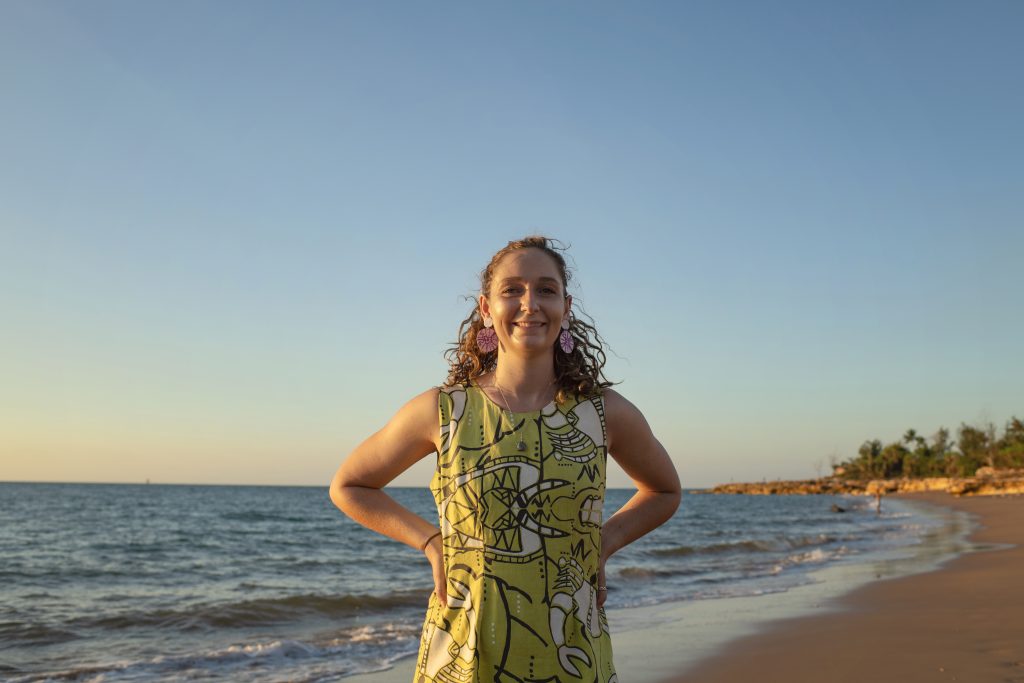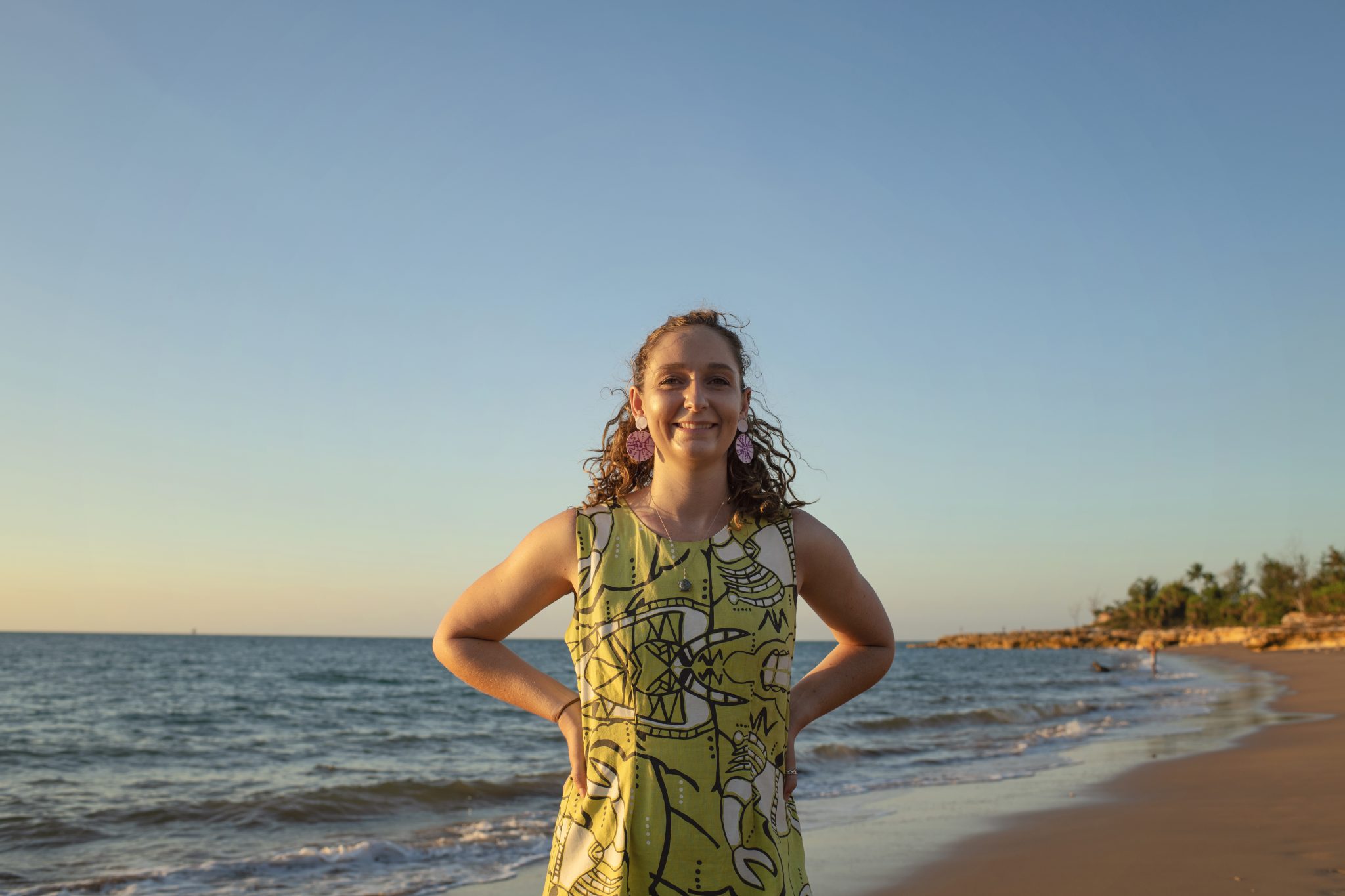Amy Kirke began her schooling years a long way from her hometown of Perth. Travelling with her parents, whose careers were intertwined with the mining sector, young Amy started school in Chile alongside her sister, in a small, rural mining town. From there, the family – with two more daughters joining the Kirke ranks – skipped onwards; living for four years in the red-stained soils of the Pilbara before moving to Laos in South East Asia.
Completing her high schooling back in Western Australia, Amy lived in, on and around the sparkling west coast, a passion that preluded her career as a marine biologist.
“I did a lot of sailing, swimming, snorkelling and diving,” she says.
“That’s what I remember most growing up; camping and fishing and always being on the water. I loved biology all the way through high school and I really had an attachment to the water and the ocean through activities and sports and the happy memories made when we were on holidays.”
With a mother concerned about the future job prospects of a scientist, Amy chose a double degree in Arts and Science, incorporating both psychology and marine and conservation biology into her schedule at Murdoch University. Although an increasingly competitive industry, marine biology won in the end – driven by an experience swimming with the largest fish in the ocean.
“I did an elective unit over our winter break at Coral Bay, an hour south of Exmouth on Ningaloo Reef where my university had a research station. We did a lot of swimming with sharks, and on my day off I went on the Whale Shark Swimming Tour. It’s very hard to describe being in the vast blue of the ocean with a creature that size.”
In 2018 the marine biologist jumped at the chance to take on a PhD at Darwin’s Charles Darwin University, studying the biology and ecology of the Australian Blackspot Shark and the Milk Shark caught as bycatch in Northern Territory commercial fisheries. Arriving in the aftermath of Cyclone Marcus, she was greeted by upturned trees and cut off water and electricity. Through her study of commercial fishing, the urge to teach and spread awareness of sustainable fishing started to float to the surface.










